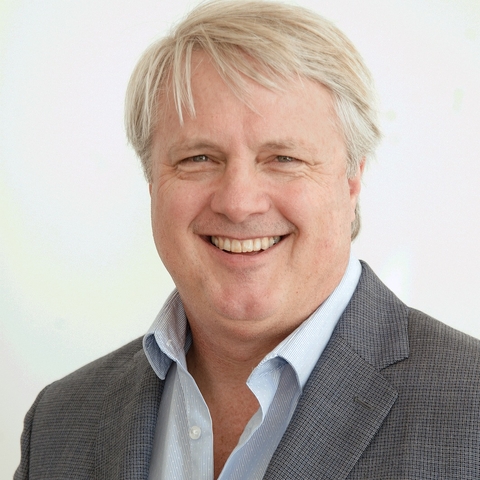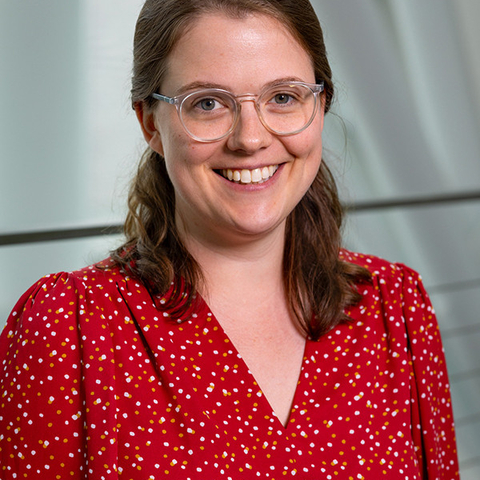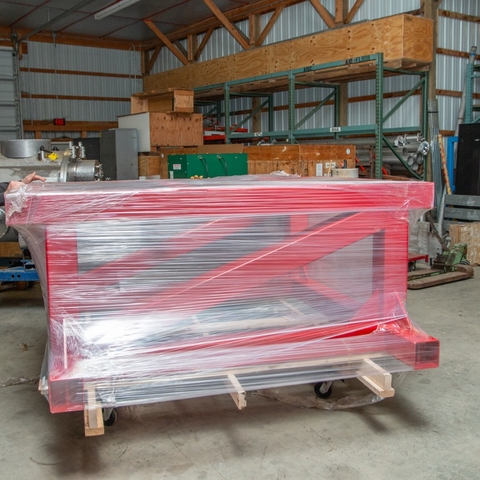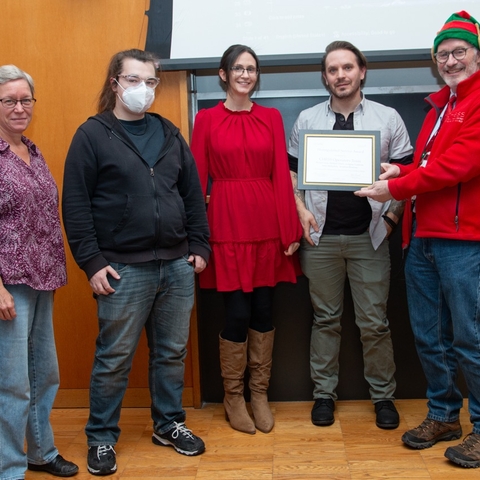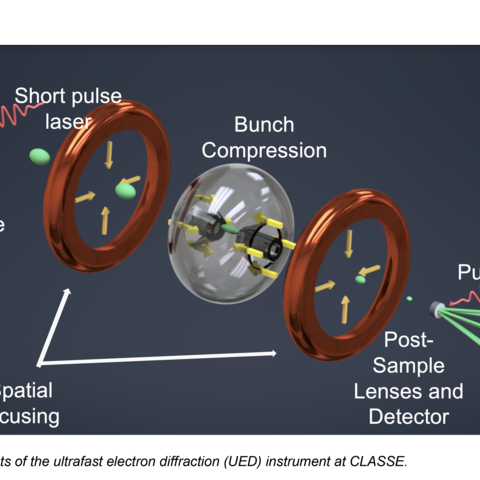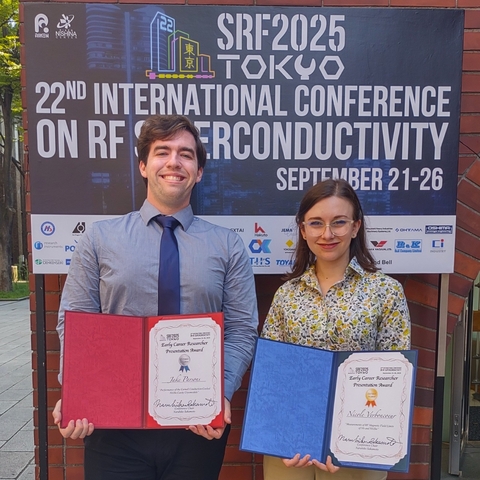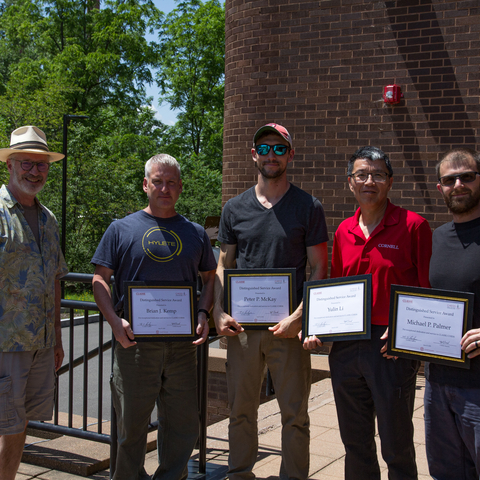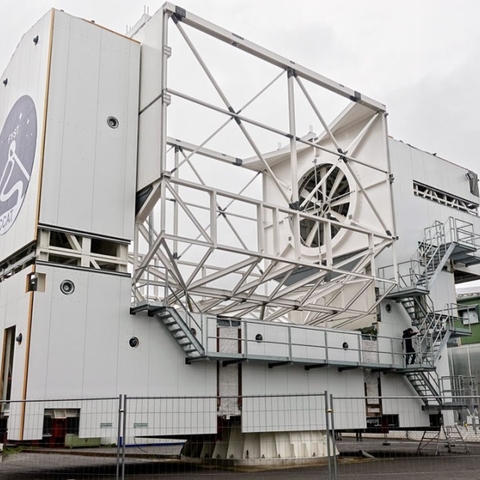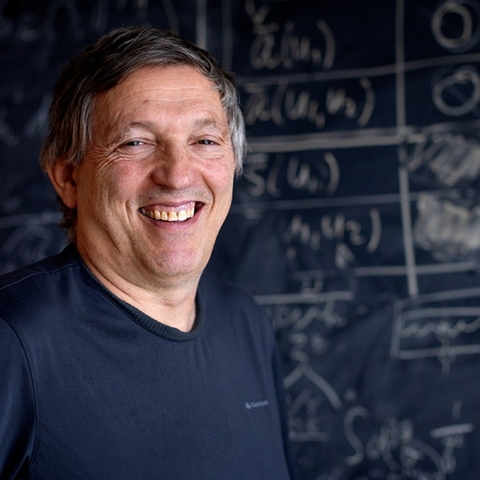News
Full listing
February 3, 2026
Four Cornell faculty members are among 99 researchers across the U.S. who have been awarded grants by the U.S. Department of Energy as part of its Office of Science Early Career Research Program.
January 23, 2025
The Fred Young Submillimeter Telescope (FYST) will be loaded onto a transatlantic shipping vessel in Antwerp, Belgium, at the end of January for a month-long voyage by sea to its home: Chile, just below the summit of Cerro Chajnantor where, at 18,400 feet, it will be the second-highest telescope in the world.
November 7, 2024
As Georg Hoffstaetter de Torquat explains, almost every aspect of sailing is affected—and can be demonstrated—by elementary physics.

